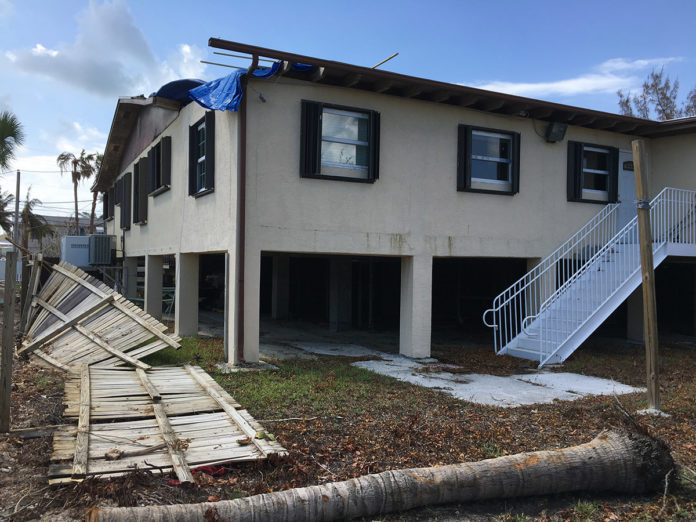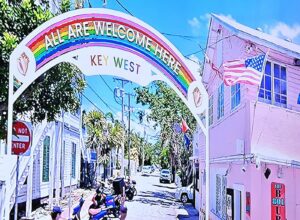It’s been a long and slow road to rebuild, literally and figuratively, for the Domestic Abuse Shelter.
Since 1983, the nonprofit organization has served all of Monroe County in an effort to provide emergency shelter and support for adults and children suffering from domestic violence. The private group is the only state-certified domestic violence center in Monroe County with specific services for victims of domestic violence. Its routine offerings include, but are not limited to, emergency food and clothing, transportation, legal advocacy, crisis counseling and financial assistance.
For years, the group operated with two shelters: its main 25-bed facility in Marathon, along with a smaller 15-bed shelter in the Lower Keys. When Hurricane Irma ripped through the Middle Keys in 2017, however, the larger shelter was torn apart, leaving only the smaller Lower Keys shelter to serve the entire county.
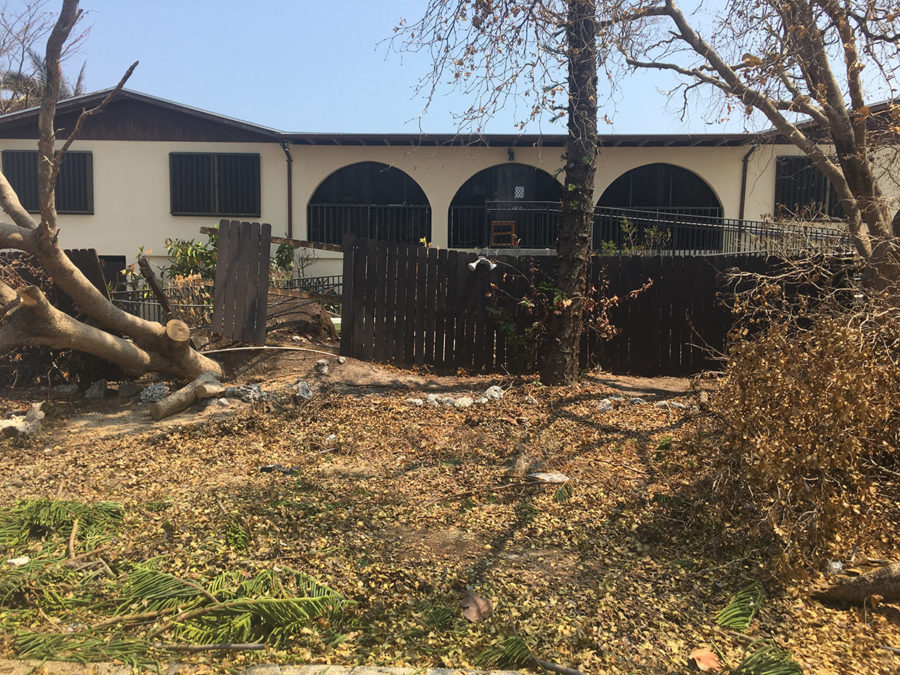
“The structure was unusable,” said DAS board president Jennifer Powell. “You could see daylight through the cracks in the concrete supports.”
Insurance payments were enough to cover the DAS’ outstanding mortgage. But once the building was razed and the shelter site was cleared, the remaining funds were nowhere near sufficient to raise a new building.
In the years since, DAS has managed to raise about $500,000, including significant contributions from Leadership Monroe County and the Holly Given Fund. Powell and DAS executive director Sheryl Schwab said that competing with other large capital fundraisers in Marathon such as the Fishermen’s Community Hospital campaign has understandably slowed the shelter’s efforts. Meanwhile, state funding proves inadequate to grow the organization’s offerings.
A $2.5 million funding request for Monroe County’s DAS approved by Florida’s House and Senate appropriations committees made its way to Gov. Ron DeSantis’ desk for the state’s 2022-2023 budget, but the funds were absent in the final version of the $112 billion budget approved earlier this month.
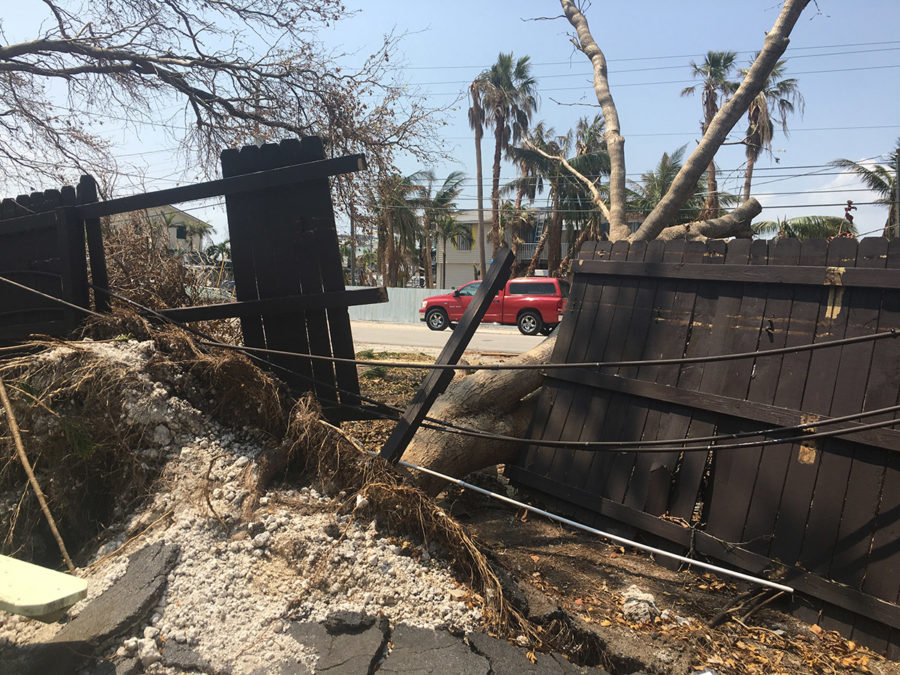
Schwab and Powell also acknowledge that the shelter is still partially rebuilding its image after a brief suspension of its certification in 2016 by the state Department of Children and Families. Now recertified, one of the organization’s biggest struggles is starting a conversation about fundraising for a topic most would rather avoid. “People don’t want to admit it or talk about it,” said Powell. “It’s uncomfortable and messy for the survivors, so it’s very hard to get a face to come up and say, ‘I’m here today because these people were here for me.’”
Lexi Bourcier is one of those courageous individuals. As a new DAS board member and survivor of domestic violence, she is uniquely qualified to speak on the importance of the shelter’s services. “I was once that scared woman coming out of a situation with two young children,” she said. “You don’t really want to reach out for help, and you almost have this sense of shame. When the shelter offers that help without you having to ask, it makes it easier on the survivors. You have a sense of security having advocates who are strictly on your side.”
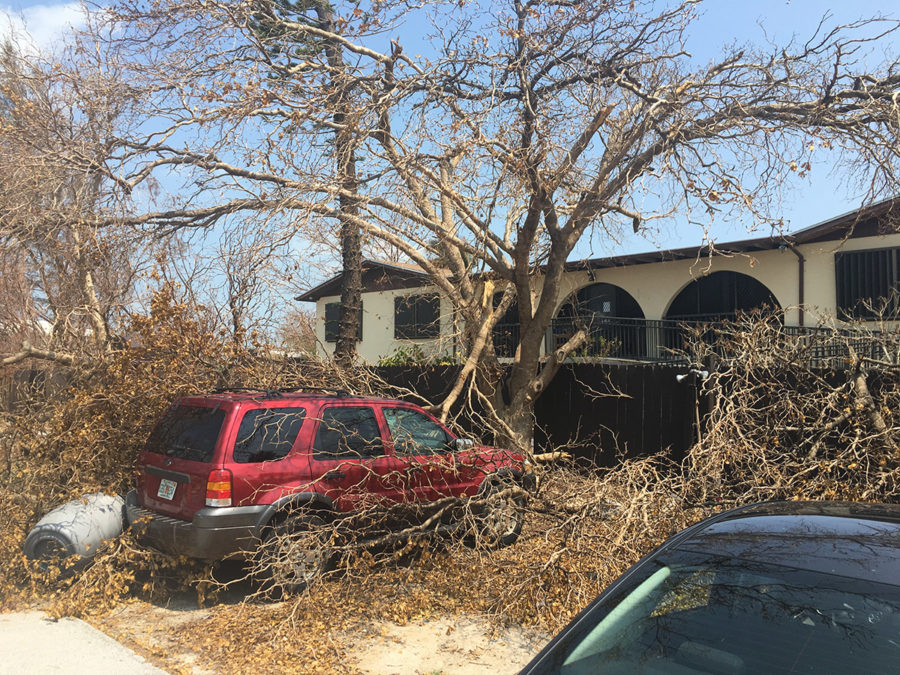
Donations to the shelter range from funding something as simple as a $50 pizza and movie night for a child to sponsoring entire rooms in the new Marathon shelter facility, which the organization hopes to build by 2023.
“We’ve recently entered a partnership with the National Development Institute to develop a five-year comprehensive campaign to rebuild the Middle Keys shelter, grow operations and serve more victims throughout the Keys,” said Schwab. High-priority additional programming will include financial education initiatives, rental assistance for victims ready to leave the shelter and teen prevention programs.
For more information or to discuss donations, contact Powell at 484-255-7785 or Schwab at 305-240-0073, or visit www.domesticabuseshelter.org. As always, anyone suffering from any form of domestic violence or in need of confidential support is encouraged to call the shelter’s 24-hour hotline at 305-743-4440.













